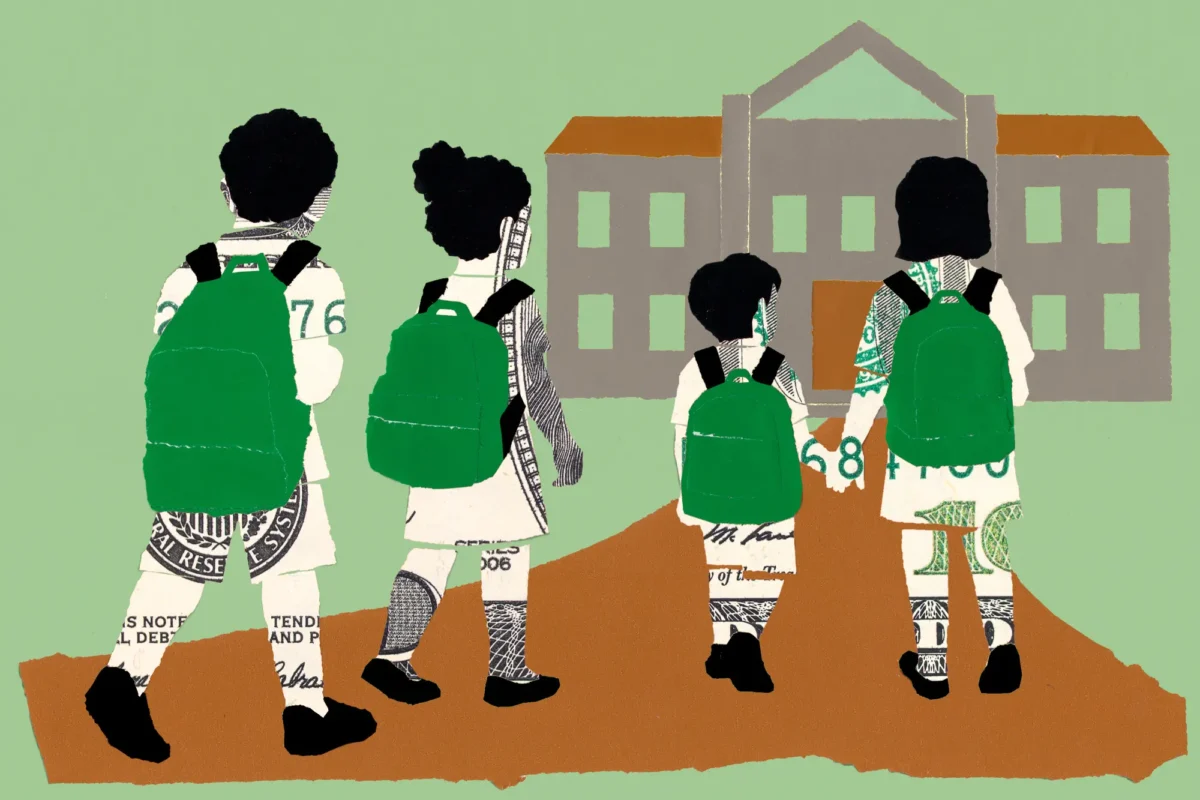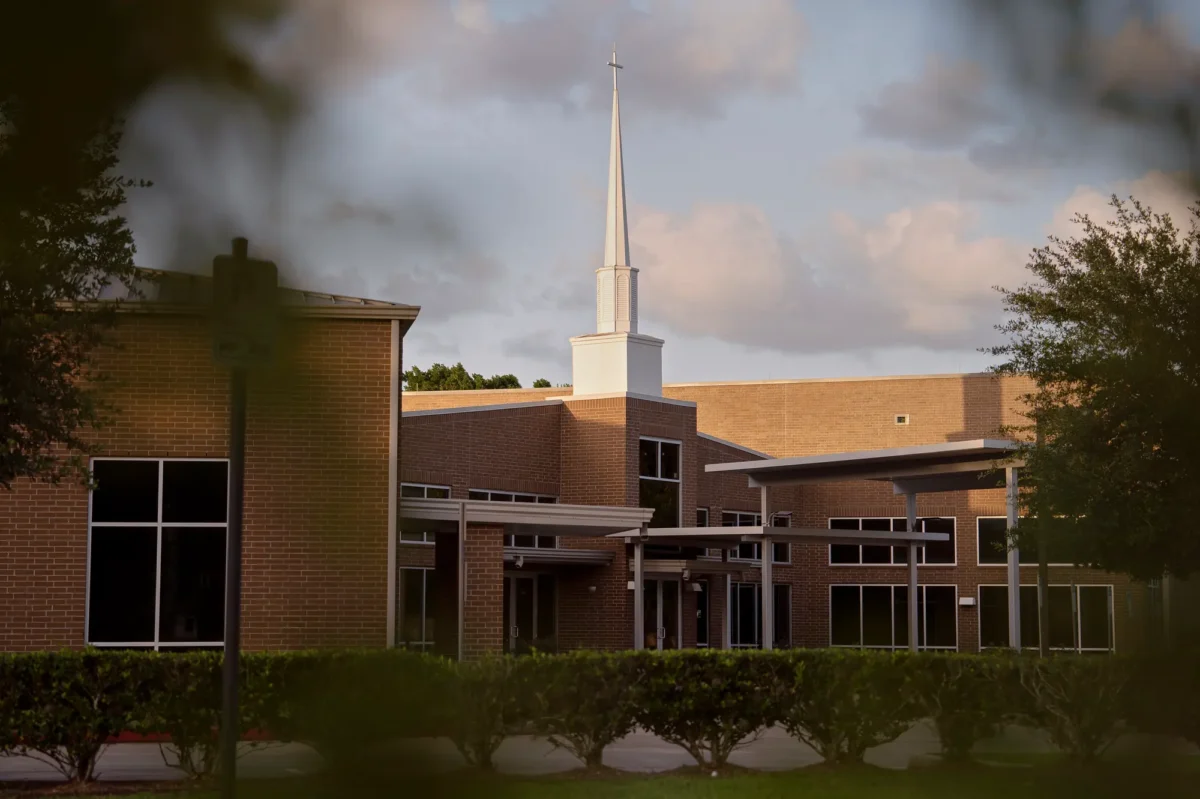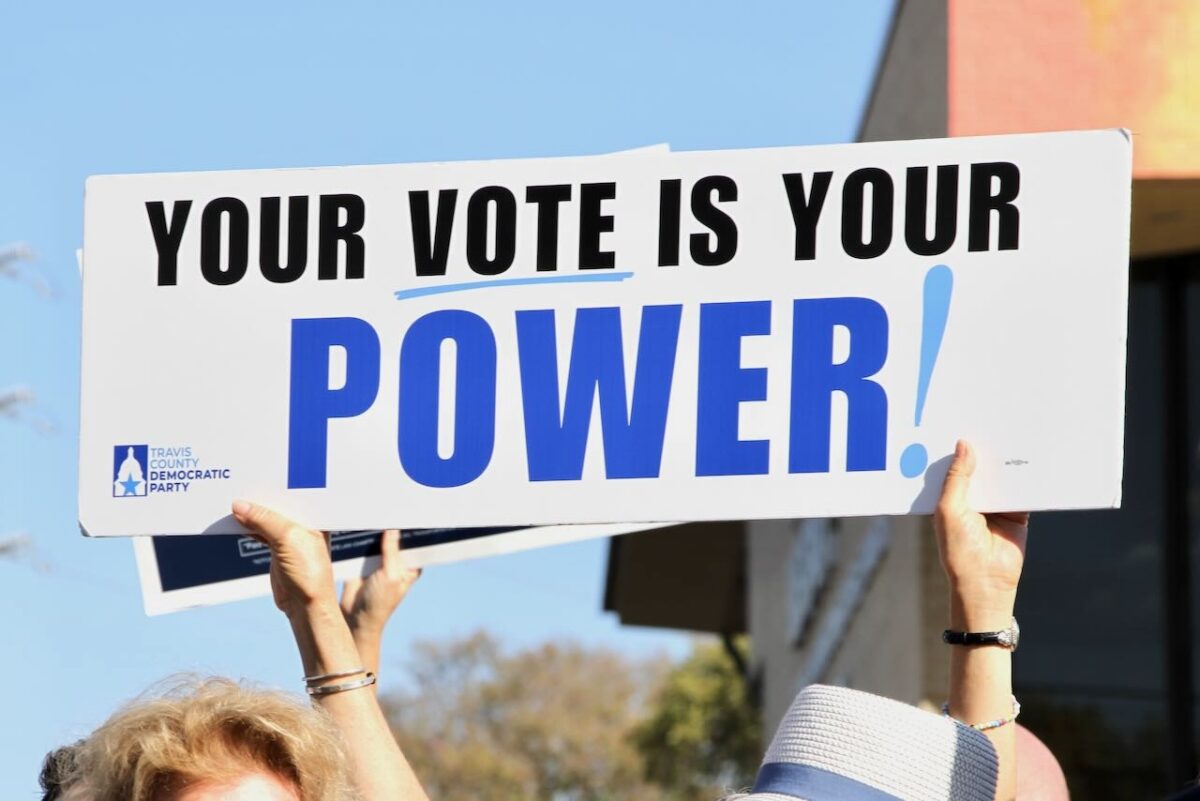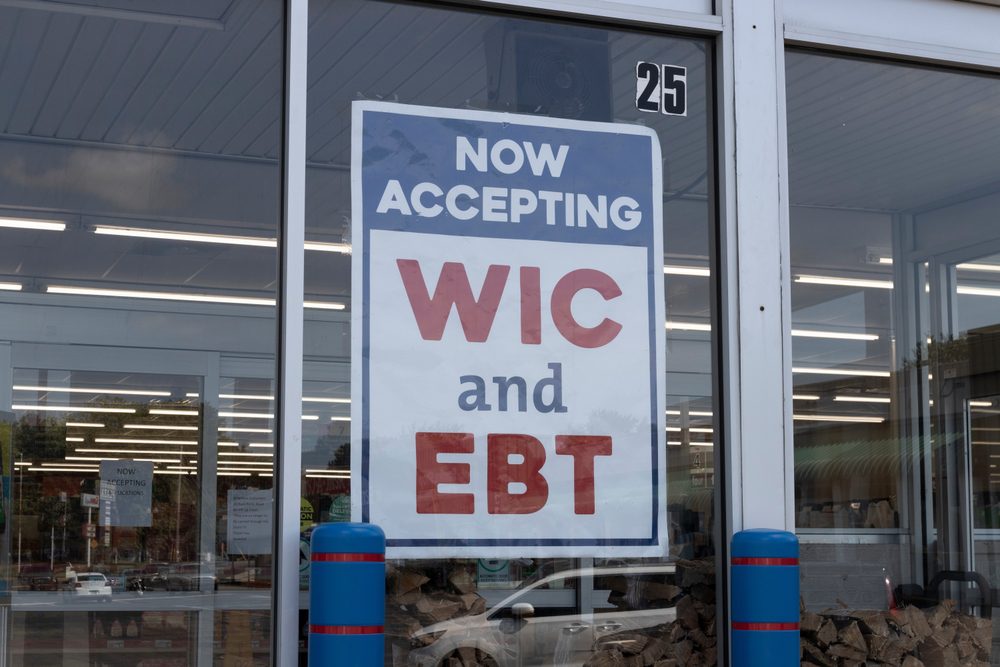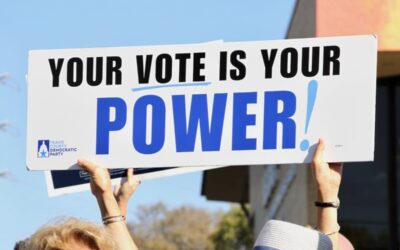By The Texas Tribune, ProPublica
by Lexi Churchill , ProPublica and The Texas Tribune , and Ellis Simani , ProPublica
An investigation by ProPublica and The Texas Tribune found more than 60 instances of nepotism, self-dealing and conflicts of interest among 27 private schools that likely would have violated state laws had the schools been public.
For about eight years, a Houston private school has followed a unique pattern when appointing members to its governing board: It has selected only married couples.
Over 200 miles away, two private schools in Dallas have awarded more than $7 million in combined contracts to their board members.
And at least seven private schools across Texas have issued personal loans, often reaching $100,000 or more, to their school leaders under terms that are often hidden from public view.
Such practices would typically violate laws governing public and charter schools. But private schools operate largely outside those rules because they haven’t historically received direct taxpayer dollars. Now, as the state moves to spend at least $1 billion over the next two years on private education, lawmakers have imposed almost none of the accountability measures required of the public school system.
If held to the same standards, 27 private schools identified by ProPublica and The Texas Tribune through tax filings likely would have violated state law. The news organizations found, and three education law experts confirmed, more than 60 business transactions, board appointments and hiring decisions by those schools that would have run afoul of the state rules meant to prevent self-dealing and conflicts of interest if they were public.
“It’s frankly astonishing to me that anyone would propose the massive sort of spending that we’re talking about in these school voucher programs with, at best, minimal accountability,” said Mark Weber, a public school finance lecturer at New Jersey’s Rutgers University who opposes vouchers. “If I were a taxpayer in Texas, I’d be asking, who’s going to be looking out for me?”
Texas has long stood as a holdout in the national push for voucher programs, even as other conservative states embraced them. Gov. Greg Abbott gave school voucher proponents a major win this year, signing into law one of the largest and costliest programs in the country. In doing so, Abbott’s office has argued that the state has “strict financial requirements,” saying that “Texas taxpayers expect their money to be spent efficiently and effectively on their behalf, both in private and traditional public schools.”
The law, however, imposes no restrictions to prevent the kinds of entanglements that the newsrooms found.
The contrast is sharp. Public or charter school officials who violate these rules could be subject to removal from office, fines or even state jail felony charges.
Private schools face none of those consequences.
Supporters of the voucher program argue that oversight of private schools should come not from the state, but from their boards and the marketplace.
“If you transform the private schools into public schools by applying the same rules and regulations and procedural requirements on them, then you take the private out of the private school,” said Patrick Wolf, an education policy professor at the University of Arkansas. Wolf, who supports vouchers, said that if parents are unhappy with the schools, they will hold them accountable by leaving and taking their tuition dollars with them.
Typically, neither parents nor the state’s taxpayers have access to information that shows precisely how private schools spend money. Only those that are organized as nonprofits are required to file public tax forms that offer limited information. Of the state’s more than 1,000 accredited private schools, many are exempt from submitting such filings because they are religious or for-profit institutions, leaving their business conduct opaque. It is unclear if private schools that participate in Texas’ voucher-like program will have to detail publicly how they use taxpayer dollars.
“The public system is not always perfect, but when it’s not perfect, we see it,” said Joy Baskin, associate executive director for policy and legal services at the Texas Association of School Boards, which represents public districts across the state. “That kind of transparency doesn’t exist in private schools.”
The Chinese Baptist Church in Houston, where Trinity Classical School has a campus Credit:Danielle Villasana for ProPublica and The Texas Tribune
“Just Isn’t Right”
Conflicts of interest in education were on the minds of legislators this spring. At an education committee hearing in March, Texas state Rep. Ryan Guillen, a Republican from Rio Grande City, along the southern border with Mexico, introduced a bill that would bar businesses with close ties to board members from applying for school district contracts. Such deals were previously permitted as long as school leaders publicly disclosed conflicts and abstained from voting.
But Guillen, who did not respond to requests for comment, argued those rules were abused, pointing to recent scandals in two districts that led to state investigations and, in one case, resulted in federal charges .
He described his bill as a “commonsense” proposal that would ensure “no one in a position of power can exploit the system for financial benefit.” The Legislature passed the bill, which was signed into law by Abbott.
Notably, the measure excluded private schools. In public testimony, no one brought them up, and there was no debate about them even as lawmakers advanced a proposal that would direct state money to them.
The newsrooms found at least six private schools that awarded contracts to companies with ties to their board members.
Cristo Rey Dallas College Prep, a Catholic high school serving primarily low-income students of color, awarded more than $5 million to a construction firm owned by one of its board members for “interior finish” work between 2017 and 2021 , tax filings show. The school did not respond to questions about the payments. Raul Estrada, who was on the school board when his firm received the payments, said he recused himself from any votes or decisions related to the contract. He added that the company’s work provided “substantial savings” to the school but did not provide specific figures.
Just 30 miles north, board members at the Shelton School, which specializes in teaching students with learning differences such as attention-deficit/hyperactivity disorder and dyslexia, have received hundreds of thousands of dollars in payments over the last decade. Tax records show one trustee was awarded over $465,000 for landscaping, and another collected more than $1.2 million for “printed education material.” The board members whose firms received the contracts did not respond to requests for comment. Suzanne Stell, the school’s executive director, said the board members who received contracts were not involved in the decisions. Stell also said that the contract for printed material included training for educators.
Our investigation also found dozens of instances of nepotism or relatives serving on boards together at private schools, some of which were started and are led by families.
Trinity Classical School in Houston, for example, has long maintained a family-led chain of governance on its school board exclusive to married couples, appointing a new pair each time one cycled off. The board deviated from that pattern only once, when it selected Neil Anderson, the school’s leader, according to tax filings. None of the current board members responded to interview requests, nor did Anderson or the school.
Such arrangements have been prohibited since 2012 in charter schools, which are restricted from appointing more than one family member to serve as a trustee at the same time. Anderson’s appointment would also not be allowed in traditional public schools, where employees are barred from serving on their school’s governing board.
At the elite Greenhill School in the Dallas area, where tuition can exceed $40,000 a year, the previous leader, Scott Griggs, hired his son to coach the boys’ volleyball team and teach middle school math. While allowed in private schools, state nepotism laws prevent public and charter schools from hiring close relatives of superintendents and trustees, with few exceptions. Griggs told the newsrooms that he’d already announced his retirement when he asked the board in 2017 to approve hiring his son, who did not respond to requests for comment.
The following year, the college prep academy provided a personal loan of nearly $100,000 to its current head of school, Lee Hark, for a down payment on a home. The school did not disclose the terms of the agreement in its tax filings, including whether it charged interest or what would happen should Hark default. Hark declined to comment.
Private schools are generally free to use money as they choose, but a 150-year-old provision of the Texas Constitution bars public schools from lending taxpayer dollars. The state does not require private schools to publicly disclose whether taxpayer money would be used for such arrangements under the voucher program.
In a written statement, a Greenhill spokesperson said the school operates with “sound financial principles” that meet or exceed “all standards of accountability for independent schools.” She said the school charged interest on the loan and it has since been paid off, but did not provide records.
Many of the private schools examined by the news organizations, including Greenhill, said that they are still deciding whether to participate in the voluntary voucher program.
The lack of accountability for private schools has sparked concern from public school parents like Sarah Powell, a mother of two near Dallas. She was among thousands who urged lawmakers to reject voucher legislation earlier this year.
“You’re either part of the system or you’re not,” Powell later told the newsrooms. “You can’t have the resources and not any of the regulations. It just isn’t right.”
The Greenhill School, where tuition can surpass $40,000 per student, in Addison, just outside of Dallas Credit:Shelby Tauber for ProPublica and The Texas Tribune
Repeating History
State funds flowing to public and charter schools are monitored by the Texas Education Agency, which requires annual independent audits and assigns ratings that gauge each school’s fiscal health. Districts that repeatedly underperform risk sanctions, including forced closure.
The state, however, will not directly regulate private schools under the new voucher program, which will begin next year. Instead, supervision will largely fall to one of 20 private organizations, which schools must pay to obtain and maintain the accreditation required to receive public funds.
A review by the newsrooms of these organizations’ standards found they are generally far less rigorous than the state’s. Most do not require annual financial audits, which some accreditation organizations say can be too costly and time-consuming, and many do not mandate policies to prevent nepotism and conflicts of interest.
If a private school loses accreditation from one group, it can simply apply to another.
Texas lawmakers laid the groundwork for publicly funded schools with limited state oversight when they authorized charter schools in the 1990s as an alternative to traditional public education. At the time, they exempted charter schools from many regulations, betting that greater flexibility would lead to innovation and stronger academic performance.
But over the past three decades, the state has steadily increased restrictions on charter schools in response to concerns about financial mismanagement and academic performance. Charter schools, for example, were initially exempt from the state’s nepotism and conflict-of-interest laws, but lawmakers gradually changed that after reports exposed leaders enriching themselves and their families. The state implemented another round of stricter rules after newspapers uncovered lavish spending on perks such as Spurs tickets and lucrative land deals .
Even as oversight of charter schools has been strengthened, gaps remain. Earlier this year, a ProPublica and Tribune investigation found that a charter network with 1,000 students was paying its superintendent nearly $900,000 annually, making him among the highest-paid public school leaders in the nation. Yet the school did not disclose the superintendent’s full compensation to the state and later rebuffed calls to lower his salary from lawmakers and the advocacy group representing charters. The school board defended Cavazos’ salary, saying it was merited because of his duties and experience.
“Looking back on it today, I think it was necessary,” Bob Schulman, a longtime education attorney, said about many of the reforms.
Schulman, who has represented Texas charter schools for decades, said that some leaders abused the limited state oversight for years, making it more concerning that lawmakers launched a voucher program with even fewer regulations.
“I’m very disturbed,” Schulman said. “But I’m hopeful that it will be a quicker turnaround than it was for the charters.”
Related: Cell phones, DEI, prayer: 5 bills Texas lawmakers are using to reshape public schools
